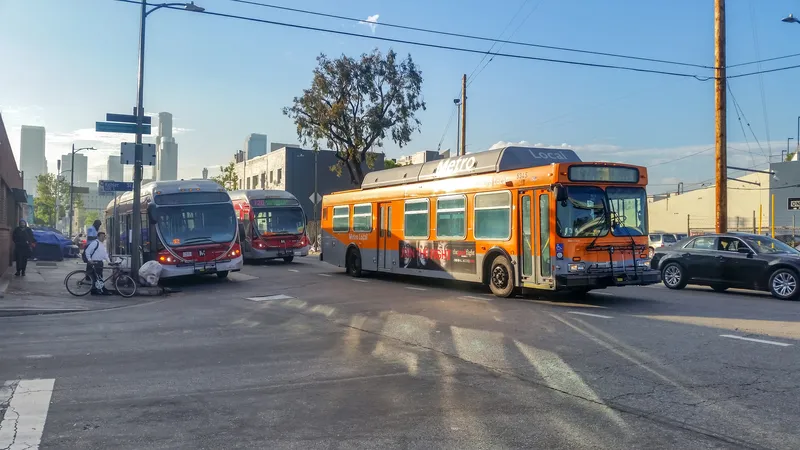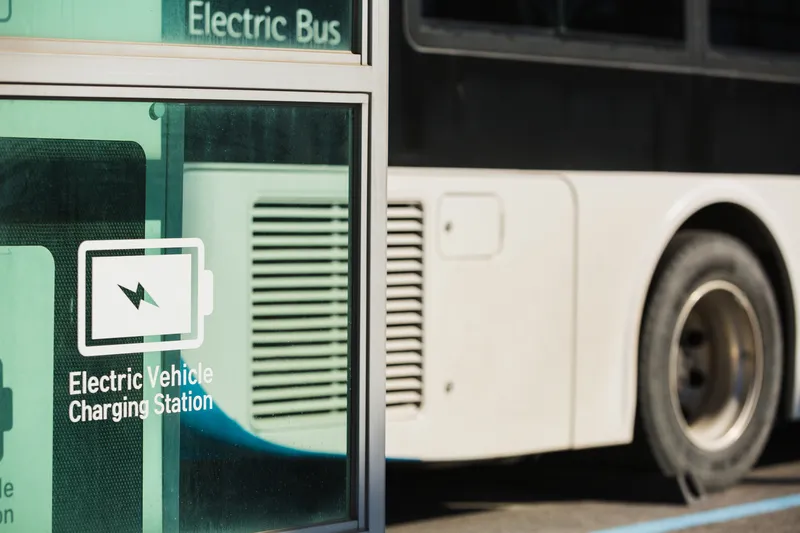
New bus lanes are to be built in Los Angeles in a bid to help improve journey times for public transit users.
A new bus corridor project worth $317 million is planned that will link the San Gabriel Valley area with the San Fernando Valley area.
The transport link will connect the subway station at North Hollywood and Pasadena City College.
Construction of the new lanes will lower travel times for buses by around 50% and the project will require the removal of some lanes for cars along the route.
The bus route will feature 22 separate stations and is intended to help reduce reliance on cars in the central Los Angeles area, which is noted for its heavy traffic congestion at peak periods.
Los Angeles regularly features amongst the world’s 10 worst cities for traffic congestion.
Approval for the project has come from the Los Angeles County Metropolitan Transportation Authority (LA Metro).









